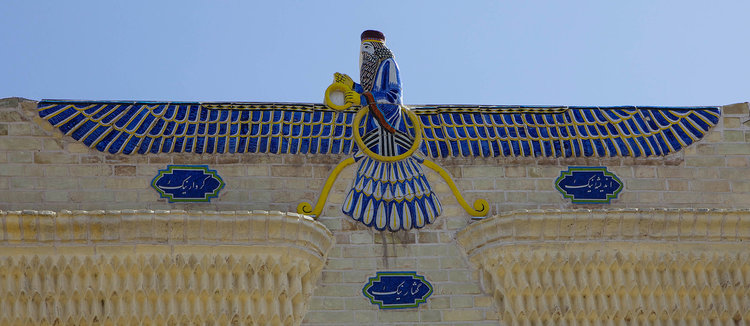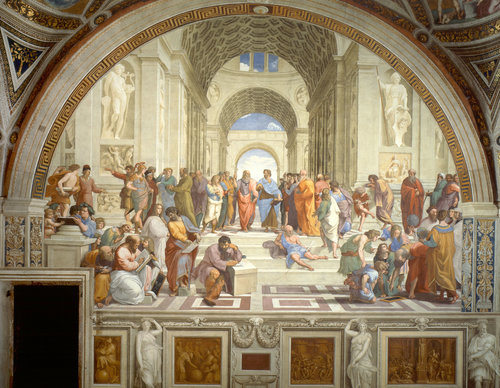Lectures
These lectures were born from an initiative at Peninsula College to involve the community more with the college. My then boss Deb Johnson asked if I could think of something and I suggested a philosophy lecture series. Originally, we hoped to have about 20 people per lecture. When over 100 people showed up for the first lecture we decided the community was interested. I originally recorded the lectures so that I could listen to them and improve my delivery. Eventually, people who missed a lecture in the series asked if they could have copies. The easiest way to make them available turned out to be Youtube. So just over four years ago, I uploaded my first set of lectures. Somehow, through the magic of the internet, people began finding and promoting my lectures in various ways. Today, they have been viewed more than 1.5 million times and I now have over 15,000 subscribers. It really has been a strange and amazing process.
The Ancients
The latest series focusing on important figures of the ancient world. Description coming soon.
The uses of philosophy for living
I stole this title from a lesser-known work by Nietzsche called The Uses of History for Life. Philosophy, while having many possible uses, should be aimed primarily at helping us live better. In this series, I apply various philosophical approaches to understanding the challenges all humans face. Appealing to the thoughts and techniques of thinkers throughout history, I hope to provide some pointers and tools that can be applied to help us in our day to day existence.
Forgotten thinkers
Some thinkers of great historical importance simply vanish from general cultural awareness. The goal of this series was to reacquaint people of a few of these thinkers. Further, by explaining their contributions and why they seem to have fallen into obscurity gain insight into the vagaries of historical memory.
Myths of the American Mind
One of the most difficult intellectual challenges is to gain insight into the assumptions that ground one's own culture. Our lives are shaped in innumerable ways by attitudes and ideas that are never precisely articulated because they are just assumed - not questioning them is the whole point. While not comprehensive, this series is an attempt to think about some of the too often invisible myths that shape the American worldview.
Languages and Literatures
This series was by far the most challenging - but also rewarding for me. Nicholas Ostler's excellent book Empires of the Word suggested that much insight could be gained from looking at history not through the lens of geography, or empires, or peoples but through language. This seemed like such an interesting idea that I decided to give it a try. After two years of intense research, this series is the result. I was also reminded again of the vast and largely unknown cultural riches that surround us. My experience and I hope my lectures reflect the value of Ostler's thesis.
The Humane Arts
I based this lecture series on an essay and never completed book. I wanted to explore the ways of life that have contributed to the great fluorescences of cultural history. Too often, we focus on the fruit of the tree - art, music, literature, science - rather than the tree itself. As I discuss the important elements, I reflect upon our current attitudes and habits and how they contribute or detract from a humane life.
Philosophers
I conceived of this series as a review of modern philosophers based on their influence. Any such list is arguable, but these are without doubt some of the most significant thinkers of the last 150 years. In coming to grips with their lives and thought I hope to convey a sense of both why they are influential and the origins of their ideas.
The Transvaluation of All Values
The Transvalution of all Values series is designed to address the powerful feeling that the world is, indeed, changing in some substantial way. I will explore the nature of the changes, why our values are ill suited to addressing them, and how we can go about developing new values that more closely match the world we find ourselves inhabiting.













